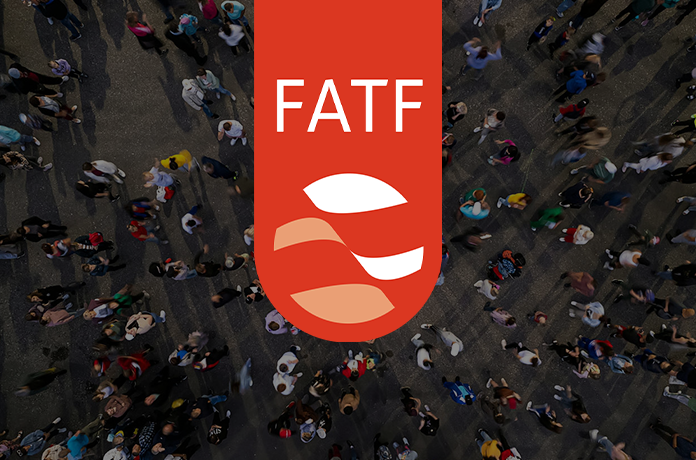The Financial Action Task Force (FATF), the intergovernmental watchdog targeting money laundering and terrorist financing, has called for stronger protections in the digital assets space, where it says regulatory failures could have dire consequences for the global financial system.
In its sixth targeted update for virtual assets and their service providers, FATF assessed jurisdictions’ compliance with its recommendations regarding anti-money laundering and counter-terrorist financing measures.
It found that, globally, jurisdictions have made progress towards developing or implementing regulation and improving enforcement, but there are still important areas for improvement – particularly in licensing and registration of service providers.
“With virtual assets inherently borderless, regulatory failures in one jurisdiction can have global consequences,” the watchdog said.
While stablecoin use among legitimate actors is gathering pace, FATF found their use has increased, too, among illicit actors such as terrorist financiers, drug traffickers and even the Democratic People’s Republic of Korea.
In fact, the Democratic People’s Republic of Korea carried out the largest virtual asset theft in history earlier this year, FATF said, stealing $1.46bn from the service provider ByBit with only 3.8% of the stolen funds having been recovered. In 2024, some $51bn in illicit on-chain activity related to fraud and scams, the watchdog added.
“Most on-chain illicit activity now involves stablecoins. Mass adoption … could amplify illicit finance risks,” the report, which was published on Thursday, said.
However, FATF also found areas where protections had improved. It said 99 jurisdictions have passed or are in the process of passing a Travel Rule, meaning legislation that aims to ensure transparency of information around cross-border payments.



